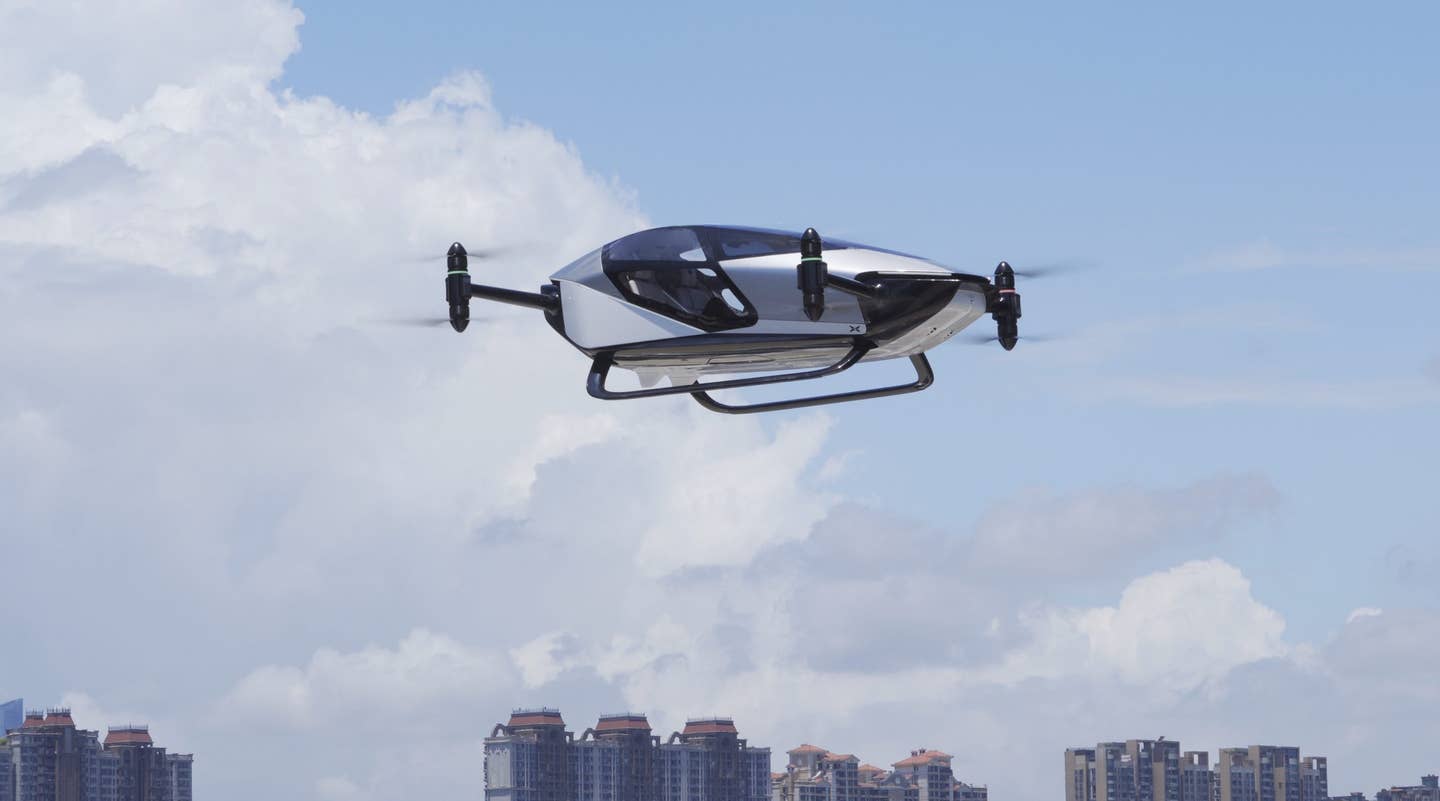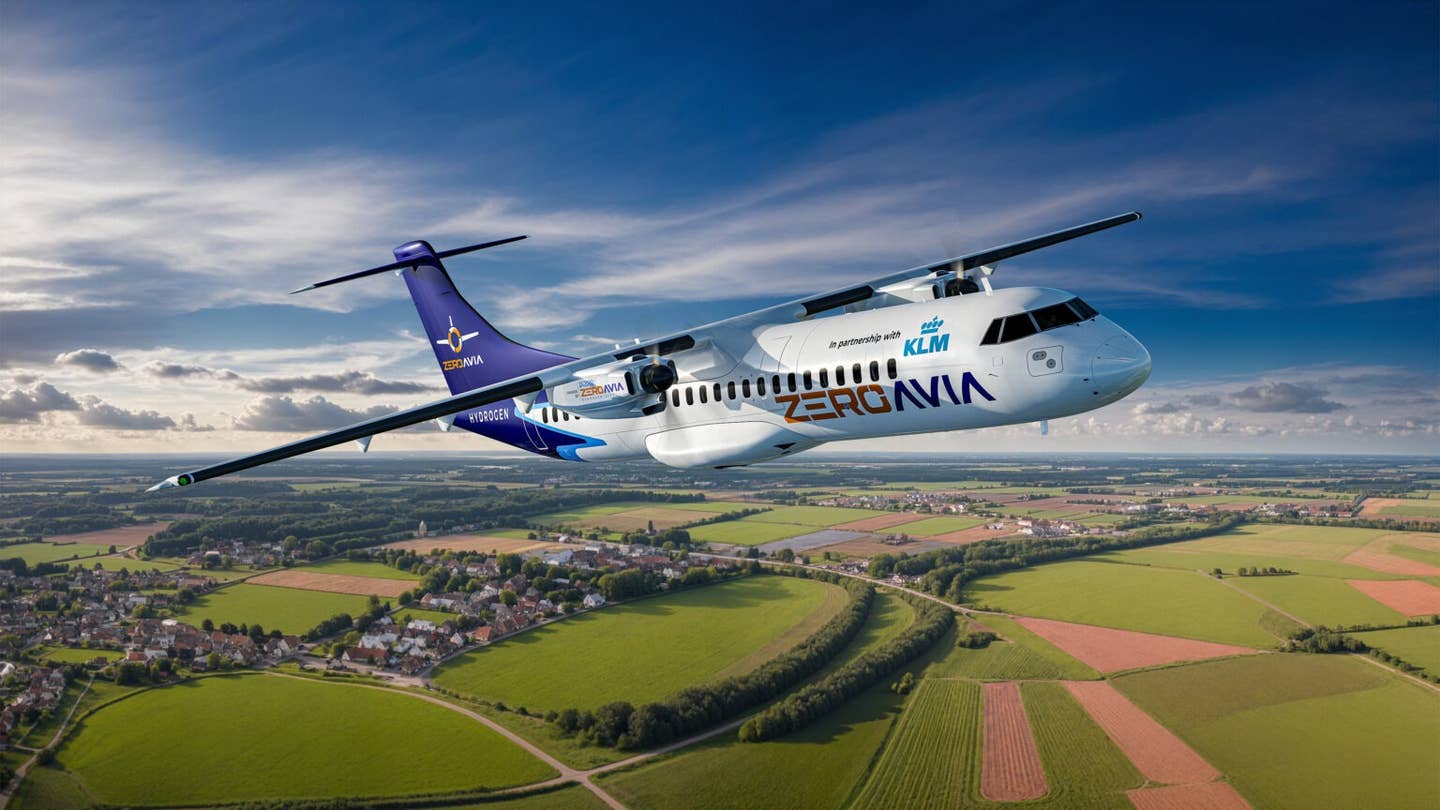
HT Aero’s fifth-generation X2 eVTOL. HT Aero
HT Aero, an urban air mobility (UAM) company and affiliate of China-based electric car maker XPeng, has raised $500 million in Series A funding as it seeks to stake its claim in the rapidly growing UAM industry.
The company says the money will help fund research and development as it works to get what it describes as “a fully integrated flying vehicle and automobile, designed for both low-altitude air travel and road driving,” off the ground in two years. It is among a growing field of electric vertical takeoff and landing (eVTOL) developers seeking solutions to growing urban issues like pollution and traffic congestion.
Currently, there are more than 200 companies working to launch their vehicles, with some expected to enter commercial service by 2024. Analysts estimate that by 2040 the industry could be valued at trillions of dollars.
The funding round announced this week is led by IDG Capital, 5Y Capital, and XPeng. Other investors include:
- Sequoia China
- Eastern Bell Capital
- GGV Capital
- GL Ventures
- Yunfeng Capital
“We believe that the flying vehicle sector will be a trillion-dollar market,” said Guangfu Cui, partner of IDG Capital, in a statement. “The rapid technological evolution of batteries, autonomous driving, and materials science provide the synergies needed to create a new paradigm for flying cars.”
Unlike many eVTOL companies, which are largely targeting services for the business sector, HT Aero says it aims to develop an aircraft geared toward individual consumers.
Since launching in 2013, the company has developed five generations of intelligent, electric-powered, crewed flying vehicles. It recently released details of its latest version, Xpeng X2, a two-seater with an enclosed cockpit. The aircraft has a full carbon fiber structure and weighs just over 1,200 pounds (empty aircraft with battery); a maximum design speed of 80 mph; and has a range of 35 minutes at low-altitude, making it most suitable for urban flight scenarios, the company says. Founder and president Deli Zhao said the goal is to have it ready for official rollout in 2024.
XPeng is just one of several automakers investing in the future of eVTOL. Honda announced in September that it plans to create its own aircraft, Toyota has partnered with California-based Joby Aviation as it develops one, and Hyundai has reached an agreement with a U.K. company to build a network of eVTOL airports.

Subscribe to Our Newsletter
Get the latest FLYING stories delivered directly to your inbox






